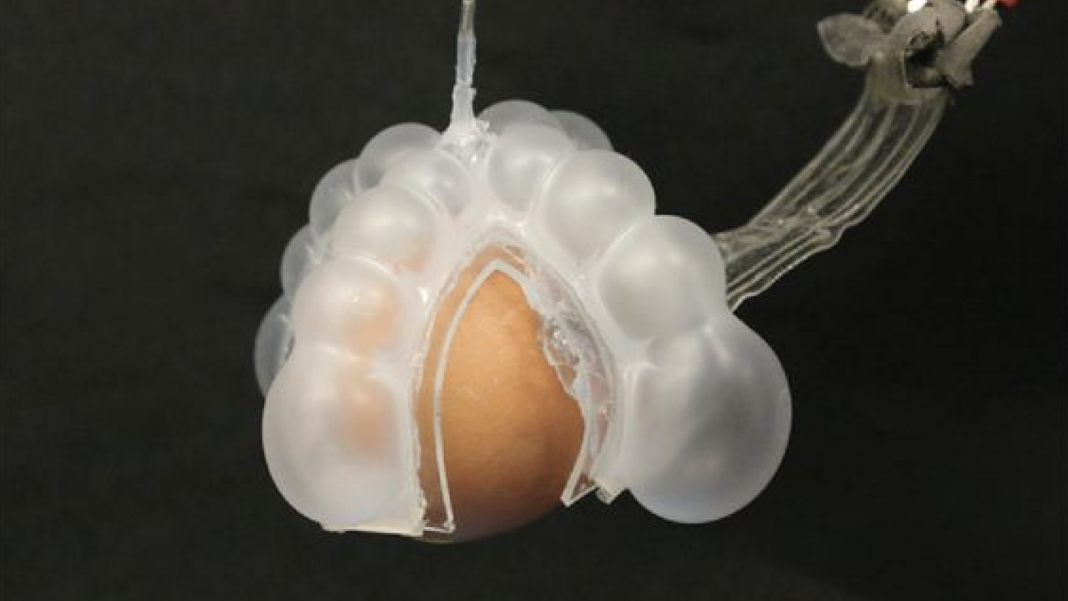Researchers at the Harvard School of Engineering and Applied Science in the US have developed a new type of self-powered elastic thermometer that can be used to make soft robots, flexible smart clothing and next-generation biocompatible medical devices.
In order to function properly, these electronic devices need integrated and malleable sensors that can be stretched and twisted as much as possible, without impairing electrical functions or monitoring capability under conditions of use that involve constant and unpredictable movements.
“We have developed temperature sensors that are smooth, with high sensitivity and fast response time. These devices open up new possibilities for the improvement of human-machine interfaces and soft robots for healthcare, engineering and entertainment”, explains professor of mechanics Zhigang Suo, co-author of the project.
Want to stay on top of the best tech news of the day? Access and subscribe to our new youtube channel, Kenyannews News. Every day a summary of the main news from the tech world for you!
elastic thermometer
The elastic sensor created by the scientists has three relatively simple parts: an electrolyte, an electrode and a dielectric material to separate the two. While the electrolyte/dielectric interface accumulates the ions, the dielectric/electrode connection concentrates the electrons arranged in the system.
This charge balance between the two interfaces forms a kind of ionic cloud in the electrolyte. When the temperature is changed, this ion cloud changes thickness, generating an electrical voltage that is sensitive to heat, but remains unchanged when it is stretched.
“Because the design is so simple, there are many ways to customize the sensor depending on your application. You can choose different materials, arranged in different ways, that can be optimized to perform any type of task,” adds postdoctoral fellow in materials engineering Yecheng Wang, lead author of the study.
promising tests
The researchers developed four designs with different configurations for the elastic temperature sensor. To prove its effectiveness, they integrated the thermometer into soft tweezers and measured the temperature emanating from a boiled egg freshly taken out of hot water.
They realized that the sensors are more sensitive than traditional thermoelectric thermometers, being able to respond to temperature changes in about 10 milliseconds. Furthermore, depending on the material used, they are capable of measuring temperature variations between 200 °C and -100 °C.
“With this new way of manufacturing sensors, we demonstrate that it is possible to create thermometers that are small, stable and even transparent, without compromising elasticity and maintaining all the monitoring functions that you would expect to find in a wearable device”, concludes Yecheng Wang.
